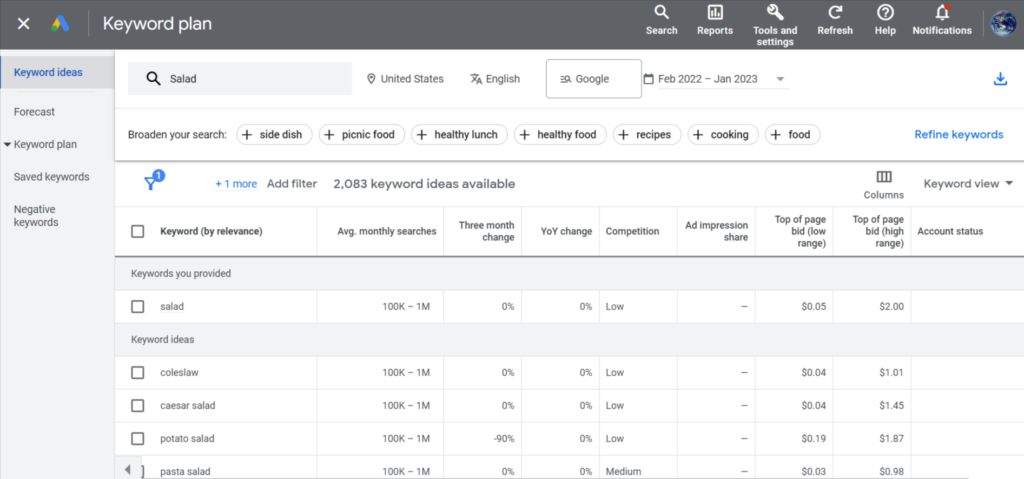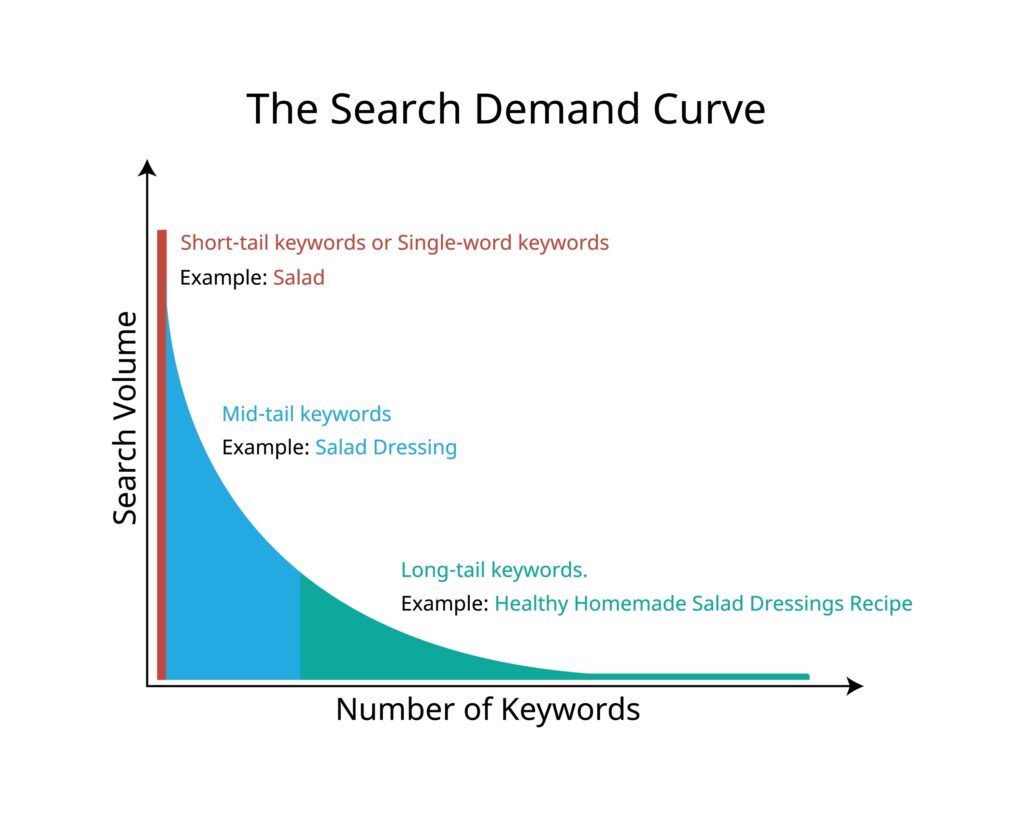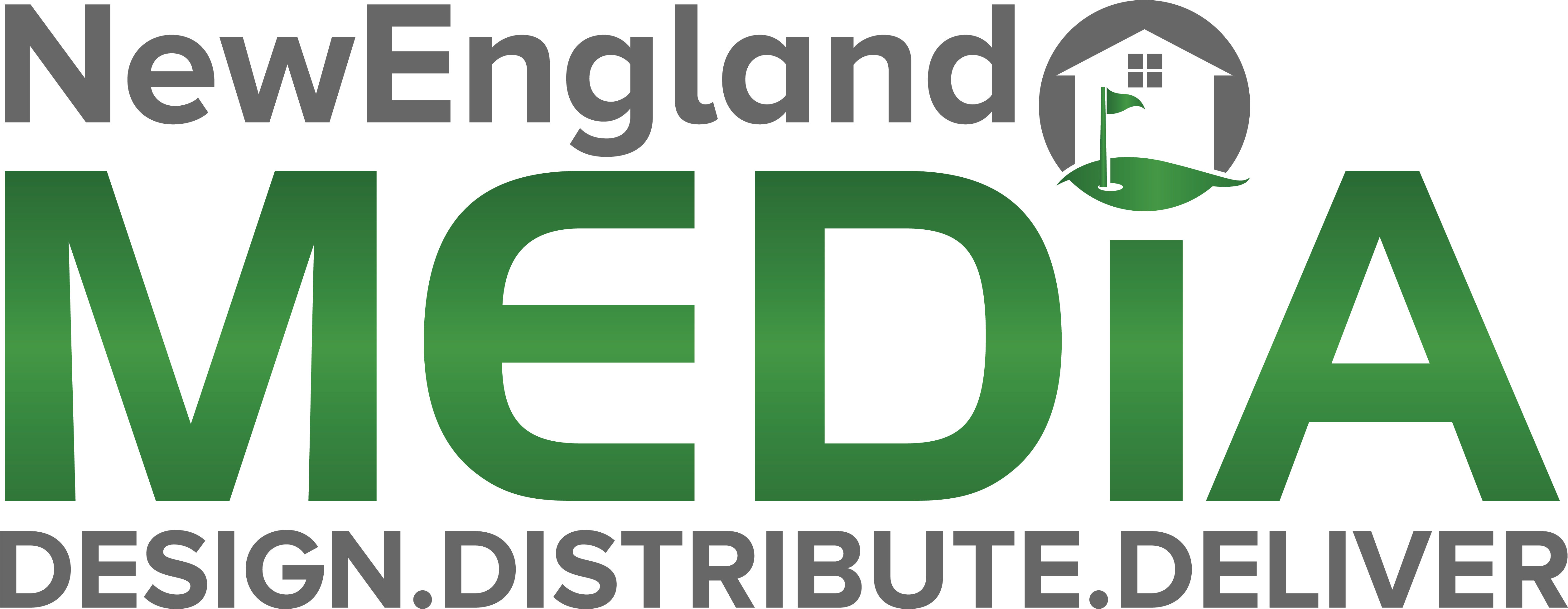Keyword research is an essential part of any successful digital marketing strategy. It’s the process of finding the most relevant search terms and phrases people use when looking for products or services like yours. It’s the foundation for targeting your ideal customers with the right message. Knowing how to do keyword research can help you create content that resonates with your target audience and drives traffic to your website. In this article, we’ll take a detailed look at keyword research, focusing on one keyword to show business owners how it’s done.
Step 1: Brainstorming
The first step in keyword research is to brainstorm a list of keywords and phrases related to your business. Think about the terms a potential customer might use when searching for your products or services. Make a list of all the words and phrases that come to mind and write them down. You can use a spreadsheet to organize your list or keyword research tools to help you find additional related keywords.

When using a keyword research tool, you can type in a seed word or phrase related to your business, and the tool will generate a list of related keywords. This can be a great way to start brainstorming for keywords and getting ideas for different ways to phrase your search terms. With Google’s Keyword Planner, for example, you can use the “discover new keywords” tab to find new keyword ideas based on your seed keyword. You can also use the “search for new keywords using a phrase, website, or category” tab to generate a list of related keywords.
You can also use tools like ahrefs, ubersuggest, and semrush to find related keywords. These tools provide a wealth of data on search volume, keyword difficulty, and other SEO metrics that can help you come up with the best keywords for your website.
Step 2: Refining the List
Now that you’ve created a list of related keywords, it’s time to begin refining the list. First, take a look at the list and remove any irrelevant keywords or phrases. Then, look at the search volume for each keyword. This will tell you how many people are searching for each keyword each month. You want to focus on keywords with a high search volume because those are the ones that will drive the most traffic to your website.
Next, look at the competition for each keyword. This will tell you how difficult it is to rank for a particular keyword. If the competition is too high, it might be better to focus on a more specific keyword or phrase that has less competition. Once you’ve narrowed down the list to the most relevant and high-volume keywords, it’s time to start thinking about how you can use them in your content.

Consider using short-tail, mid-tail, and long-tail keywords. Short-tail keywords are more general and likely have a higher search volume, but they’re also much more competitive. Mid-tail and long-tail keywords are more specific and usually have lower search volumes, but they’re much less competitive and often easier to rank for.
To illustrate, a short-tail keyword for an eatery may be something like “salad”, and while a mid-tail key phrase could be “salad dressing,” the most comprehensive long-tail one would consist of phrases such as “Healthy homemade salad dressing recipes.”
Step 3: Implementing the Keywords
Once you have identified the best keywords for your content, it’s time to start creating. Try to incorporate the keywords into your content as naturally as possible. Don’t cram too many keywords in one sentence; focus on quality over quantity. Also, make sure your content is relevant and useful to readers. Quality content that provides value will be more likely to rank in search engine result pages (SERPs).



When writing content, use the keywords in headings, titles, meta descriptions, body copy, and other page sections. You can also use the keywords in image alt-text and anchor text when linking to other pages on your website. This will help search engine crawlers understand the relevance of your content and better index it in the search engine results pages.
Step 4: Measure Success of Keywords
Measuring success with keyword research is important to determine the effectiveness of your efforts. You can measure success by using analytics tools such as Google Analytics to monitor the performance of your keywords over time. You can also use tools such as Ahrefs and SEMrush to track your keyword rankings and compare your performance against competitors. You can also use surveys and customer feedback to gauge how well your content resonates with your target audience and whether your keyword strategies are achieving their desired results. By tracking and analyzing your progress, you can make adjustments as needed to ensure you are getting the most out of your keyword research efforts.
Step 5: Identify Keyword Gaps
Finally, you want to identify any gaps in your keyword research. If there are keywords that your competitors are ranking for, but you aren’t, this is an opportunity to create content targeting those keywords and improve your rankings. You can also use marketing tools like SEMrush or Ahrefs to discover new related keywords that you may have missed during your initial research. By filling in these keyword gaps, you can make sure that your content is reaching the widest possible audience and maximizing your potential for success
Remember, Keyword Research is an ongoing process. As search engines and user preferences change, so should your SEO strategies for reaching them. Regularly reviewing your keyword research and staying up-to-date with industry trends can help ensure that your content is always targeting the right keywords and reaching the right audience. This will maximize your potential for success in organic search engine rankings and ultimately increase your revenue.
The right approach to keyword research can help you reach the right people with the right message.
Now that you understand how keyword research works, it’s time to start building your digital marketing strategy! If you would like us to help you with your keyword research and digital marketing strategy, don’t hesitate to contact us. We would love to help you reach your target customers and achieve success online!
FAQs
Some tips for successful keyword research include:
• Use long-tail keywords to target more specific search queries
• Monitor changes in your industry and adjust keywords accordingly
• Research competitors’ websites to see what keywords they use
• Incorporate related words and phrases into your content
• Use keyword research tools to keep track of changes in search engine algorithms and trends in user behavior.
• Test different keywords to see which ones result in the most views, clicks, and conversions.
• Focus on creating quality content that resonates with your target audience.
• Monitor keyword performance regularly and make changes as needed.
• Be patient and consistent with your keyword research.
Keyword research is the practice of finding out which words and phrases people type into search engines when looking for information, products, or services. By understanding which keywords your target audience uses when searching online, you can optimize content to increase organic traffic and improve search engine rankings.
Keyword research can help you create more effective content and make your website more visible in search engine results. It can also be used to better understand the interests and needs of your target audience, as well as to inform your marketing strategies.
There are several tools available for keyword research, including Google Keyword Planner, SEMrush, and Ahrefs. Each tool offers different features to help you identify the best keywords for your content. You can also use other sources, such as industry forums and customer surveys to get an understanding of the words and phrases people use when searching for related topics.
Keyword research is essential for SEO success, as it helps you target the keywords and phrases that are more likely to result in website visits from potential customers. By understanding which keywords and phrases your target audience is most likely to use when searching for your product or service, you can optimize your website content to rank higher in search engine results and increase your visibility.
The best way to improve your keyword research skills is to practice. Try experimenting with different tools and techniques, such as Google Keyword Planner, SEO audit tools, or customer surveys. Read blogs and articles about keyword research and stay up-to-date on the latest trends in digital marketing and SEO best practices. With time and practice, you will become more adept at identifying the best keywords for your content.


















